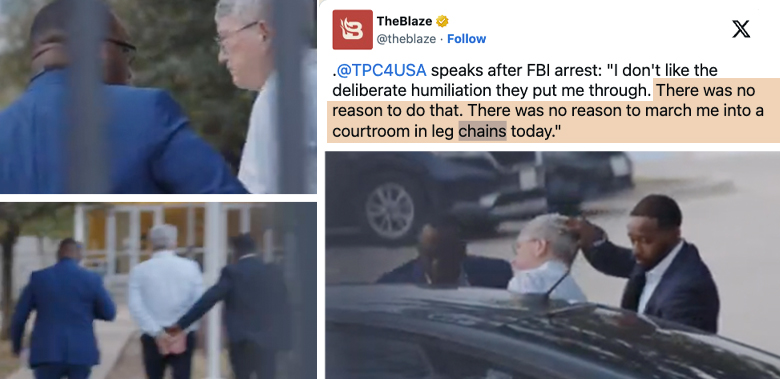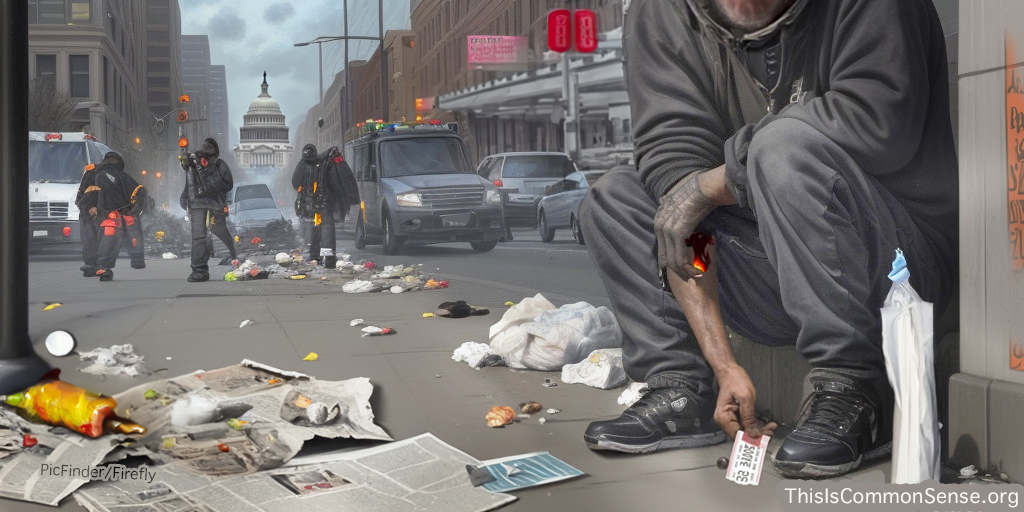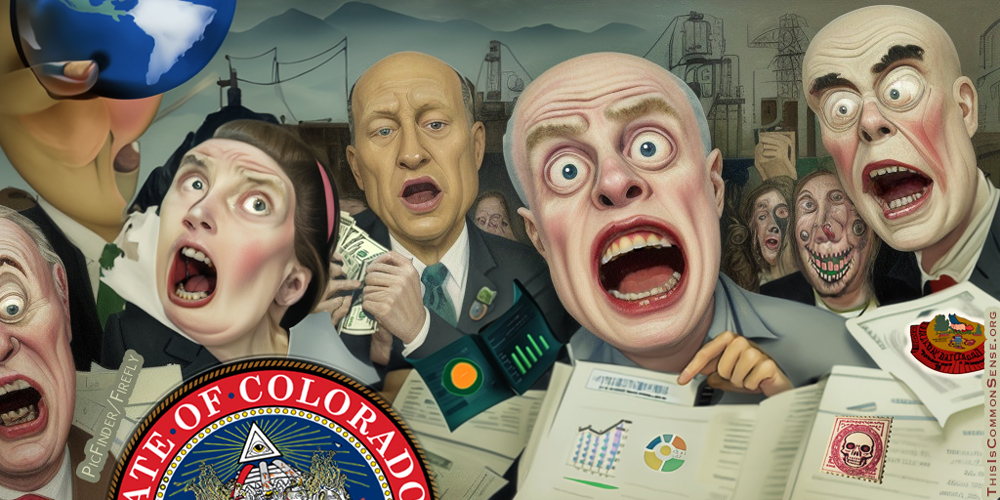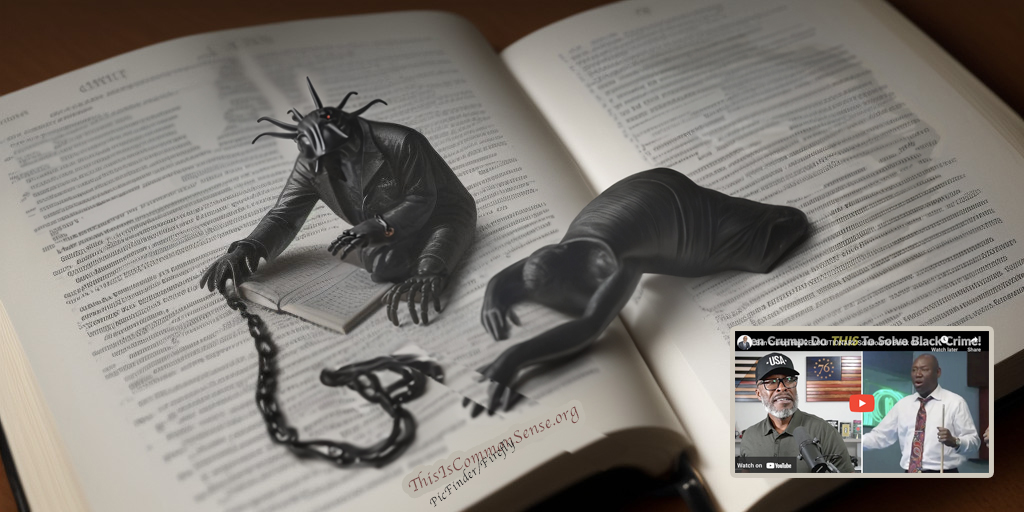Sandy Martinez: mother of three, working hard to get by, whole life ahead of her — why would she sabotage it by failing to perfectly park her car in her narrow driveway such that two of the wheels edged onto the grass?
Think I’m making it up?
No. It’s true. Some people get distracted and treat their grass as if it were gravel and let their car edge onto it.
Why’dja do it Sandy, huh? Why?
On the hand, it’s her property, so who cares?
What difference does it make?
Well, mucho … if you’re Lantana, Florida, which fined Sandy $101,750 for imperfect parking, $47,000 because of storm-inflicted fence damage, $16,000 for cracks in her driveway.
The good news is that Institute for Justice is litigating on behalf of Sandy Martinez and other homeowners being hit with plainly unjust fines for trivial
IJ argues that the state and local governments at fault are violating the Eighth Amendment’s prohibition against excessive fines. And the Institute and its clients are winning. The U.S. Supreme Court has just ruled, in Timbs v. Indiana, that this Eight Amendment ban applies to cities and states as well as to the federal government.
Many locales, perhaps including Lantana, Florida, may still try to get away with the grift despite this definitive ruling. But sooner or later, some judge will throw out the blatantly excessive fines and point to the recent Supreme Court decision.
Help is on the way, Sandy.
This is Common Sense. I’m Paul Jacob.
Illustration created with PicFinder and Firefly
—
See all recent commentary
(simplified and organized)





